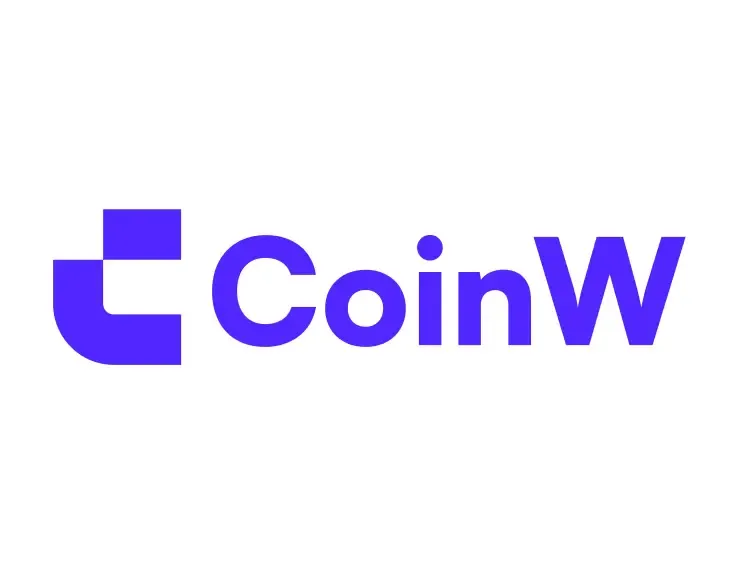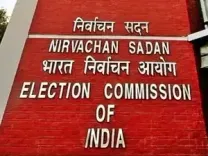Did the Govt Just Send Notices to 25 Offshore Crypto Exchanges for Violating Anti-Money Laundering Rules?

Synopsis
Key Takeaways
- 25 offshore crypto exchanges issued notices for AML violations.
- Potential fines of up to Rs 1 lakh per violation.
- Registration with FIU-IND is mandatory for VDA service providers.
- Current regulations apply to various digital asset activities.
- Crypto products and NFTs are currently unregulated.
New Delhi, Oct 2 (NationPress) The Financial Intelligence Unit of India (FIU-IND) has issued notices to 25 offshore virtual digital asset (VDA) service providers for allegedly breaching India’s anti-money laundering regulations, as stated by the Finance Ministry.
The notices were dispatched under Section 13 of the Prevention of Money Laundering Act (PMLA).
This section empowers authorities to initiate investigations, scrutinize company records, validate customer details, and request reports regarding suspicious transactions.
Firms that are found in violation could incur penalties of up to Rs 1 lakh for each infraction.
Among the notified offshore companies are CoinW from Singapore, BTCC from the UK, Changelly from Hong Kong, and Paxful from the US.
Other mentioned entities include Huione from Cambodia, CEX.IO from both the US and the UK, LBank from the British Virgin Islands, PrimeXBT from Saint Lucia, Coinex from Hong Kong, Remitano from Singapore, Poloniex from Boston, BitMex from Seychelles, and LCX from Liechtenstein.
Additionally, the FIU-IND has sent separate notices under the Information Technology Act, 2000, demanding the removal of applications and websites operating in India without appropriate registration under PMLA.
Established in 2004, FIU-India is the primary agency tasked with collecting and analyzing data related to suspicious financial transactions.
Currently, 50 VDA service providers have registered with FIU-IND. Nonetheless, numerous offshore firms are still functioning in India without registration, placing them outside the anti-money laundering and counter-financing of terrorism (AML-CFT) framework.
The government has clarified that all VDA service providers catering to Indian users — whether they are located in India or abroad — must register with FIU-IND and adhere to PMLA regulations.
These regulations are applicable to companies involved in activities such as crypto-to-fiat exchanges, the transfer of virtual assets, and the safekeeping of digital assets, or any services that provide control over such assets.
Registration and compliance are essential even if these companies lack a physical presence in India.
The Finance Ministry has also cautioned users that crypto products and non-fungible tokens (NFTs) are presently unregulated and carry substantial risks.
It emphasized that there is no regulatory protection available for investors in the event of losses stemming from such dealings.









